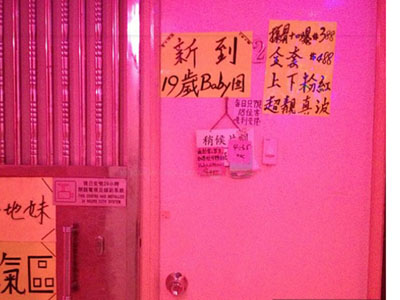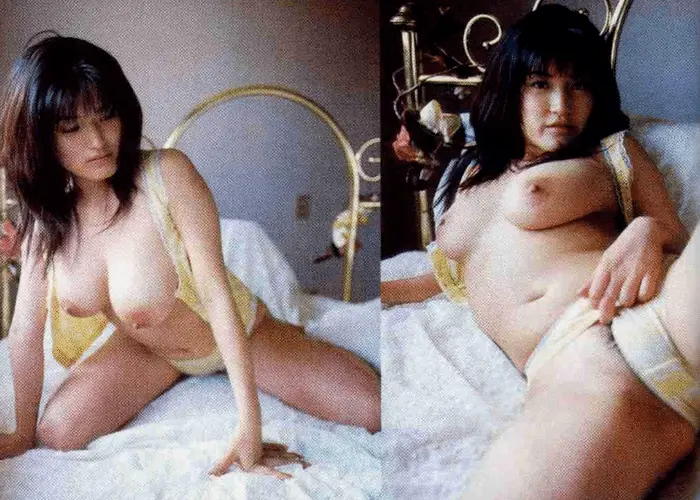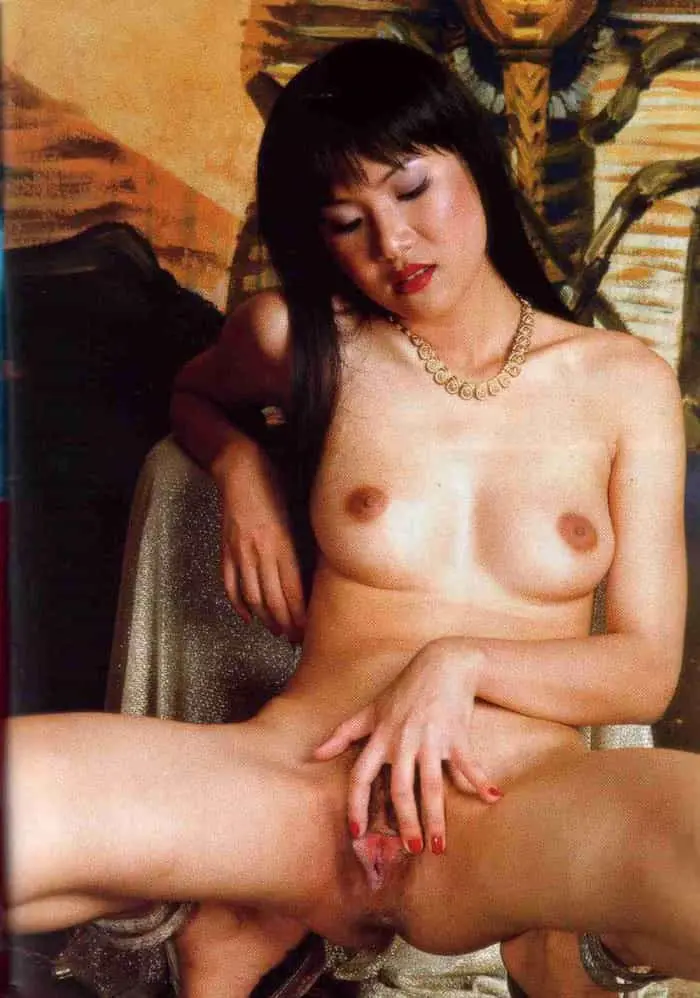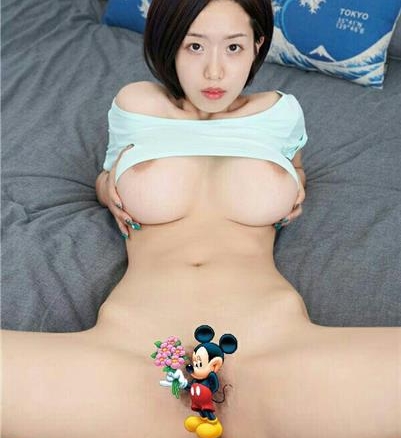Is prostitution legal in Hong Kong?

Table of contents
Legal Status of Prostitution in Hong Kong
According to the current laws of Hong Kong, anyone who provides services involving sexual organ contact (such as masturbation, oral sex or vaginal sex) and receives remuneration or benefits, regardless of whether the actual sexual act is completed, constitutes "prostitution" as defined by the law.
It is worth noting that the scope of services provided by sex workers often goes beyond simple sexual transactions. Many practitioners also offer a variety of services, including companionship (such as social coping, cabaret, and dance performances), mind-body and mind-body relaxation treatments (such as massage), or emotional companionship. The international academic community and sexual rights organizations have adopted a broader definition, including adult film actors, erotic art performers, sex toy developers, and workers involved in the creation of erotic content into the category of sex workers.

Is prostitution legal in Hong Kong?
In Hong Kong, prostitution itself is legal, but many related activities surrounding prostitution are subject to strict legal restrictions. According to Hong KongCrimes Ordinance (Cap. 200), prostitution is defined as a person (either male or female) selling their body to engage in sexual acts in exchange for payment, and sexual intercourse is not a prerequisite for prostitution.Consensual prostitution is not a crime. That means sex between adults in private (such as over the Internet or through private arrangements) will not be considered illegal. Sex workers may provide services on a personal basis, but must abide by the following restrictions:
- No solicitation of customers in public placesActively soliciting business in public places such as streets and parks may violate Section 147 of the Crimes Ordinance, which is punishable by a maximum fine of HK$1,000 and six months' imprisonment.
- No sexual transactions with minors: Having sexual intercourse with a person under the age of 16, whether or not it involves monetary transactions, may constitute the crime of "having sexual intercourse with a minor".
This means that it is not illegal for an individual to engage in sex work, but any behavior involving organization, manipulation or open solicitation is illegal. This legal framework is similar to the UK's prostitution laws, which allow sex between individuals but prohibit third parties from profiting from it or organizing related activities.

Specifically, Hong Kong law prohibits the following conduct:
- Manipulating others into prostitution: Under Section 130 of the Crimes Ordinance, controlling another person to engage in prostitution activities can be punished by a maximum of 14 years' imprisonment.
- Living off income from prostitution: Article 131 stipulates that those who rely on the income of prostitution of others (such as pimps or "saddlers") can be sentenced to up to seven years in prison.
- Open solicitation: Section 147 prohibits soliciting for immoral purposes in a public place or when visible to the public. Offenders may be fined up to HK$10,000 and imprisoned for six months.
- Operating a prostitution establishment: Article 139 makes it illegal to operate or manage a place of prostitution (such as a brothel) and offenders may face heavy penalties.
- Multiple people operating the same place: If two or more sex workers provide services in the same place, it constitutes an illegal brothel and offenders may be fined HK$20,000 and imprisoned for 7 years.
Therefore, the most common form of legal prostitution in Hong Kong is "one prostitute per floor", that is, a sex worker receives clients alone in a private apartment. This model complies with legal requirements because it does not involve multiple operators or third-party control.

Actual law enforcement and reality
Although prostitution itself is legal, the Hong Kong police enforce the law on sex-related activities quite strictly. For example, the police often conduct undercover operations to investigate massage parlours, saunas or nightclubs to check whether there are any illegal sexual services or open solicitation. It is also illegal to publicly display advertisements for sexual services (such as signs or posters), and offenders may be sentenced to 12 months' imprisonment.
In practice, sex trade activities in Hong Kong are mostly concentrated in specific areas, such as Portland Street in Mong Kok, Temple Street in Yau Ma Tei, Fuk Wah Street in Sham Shui Po and Champagne House in Tsim Sha Tsui. These areas operate in the form of "one prostitute per floor" or massage parlours. Due to the housing characteristics of Hong Kong, many apartment buildings may have entire floors or even entire buildings as "one-floor-one-prostitute" business premises, but as long as each apartment is independently operated by a single sex worker, it complies with the legal requirements.
In recent years, with the development of the Internet, sex workers are increasingly recruiting clients through online platforms (such as websites or social media), reducing their reliance on traditional "mover" or intermediaries.
If mainland women who come to Hong Kong on two-way permits engage in prostitution, they may be arrested for violating their stay conditions, rather than the act of prostitution itself being illegal.

Historical and cultural background
Prostitution has a long history in Hong Kong. According to historical records, prostitution was extremely prevalent in Hong Kong in the early 19th century. The 1876 census showed that about four-fifths of the 25,000 Chinese women at the time were prostitutes. The colonial government had imposed a licensing system on prostitution between 1857 and 1890 to control venereal disease and regulate the industry, but gradually shifted to a more restrictive policy. Before the 1980s, most sex trade venues in Hong Kong were controlled by gangs, but with the influx of "Northern girls" from the mainland and the increase in local sex workers in the 1990s, the influence of gangs declined.
On a cultural level, Hong Kong's traditional Confucian values have a negative attitude towards sex work, viewing it as a symbol of moral degradation. However, with the popularization of gender equality and human rights concepts around the world, some groups (such as Bluebird) have begun to promote the concept that "sex work is work", advocating the use of derogatory terms such as "sex worker" instead of "prostitute" to reduce stigma. Despite this, social prejudice against sex work still exists, and sex workers often face discrimination and marginalization.

Current Controversy and Social Views
There are many different viewpoints on the discussion of the legality of prostitution in Hong Kong. On the one hand, supporters argue that legalizing individual prostitution will help protect the rights of sex workers, reduce gang control, and allow sex workers to work in a safe environment. On the other hand, opponents believe that legalizing prostitution may encourage criminal activities and pose a threat to social morality and public health. For example, issues of open solicitation and illegal brothels are often used by the police as justification for "anti-prostitution" operations.
In addition, sex workers from the mainland (commonly known as "northern girls") often become the focus of law enforcement because they engage in prostitution on short-term tourist visas. Although their actions do not violate prostitution laws, they may be deported for violating visa conditions. This also reflects that Hong Kong's law enforcement focus on sex workers is more on immigration and organized crime rather than prostitution itself.

in conclusion
In summary, in Hong Kong, it is legal for individuals to engage in prostitution, but related activities such as organizing, controlling or publicly soliciting are illegal. "One prostitute per floor" is the most common form of legal prostitution in Hong Kong and is an independent business model that complies with the legal requirements. However, strict law enforcement and social prejudice make the situation of sex workers complicated. With the advent of the Internet age, the form of sex trade and law enforcement methods are also changing. From a cultural and historical perspective, prostitution has always been a sensitive topic in Hong Kong, reflecting the collision between social values and modern human rights concepts. In the future, Hong Kong may need more comprehensive policies to balance the protection of sex workers’ rights and the maintenance of public order.






![[有片]把與生俱來的「好色」,用以點燃事業的雄心](https://findgirl.org/storage/2025/11/有片把與生俱來的「好色」,用以點燃事業的雄心-300x225.webp)

